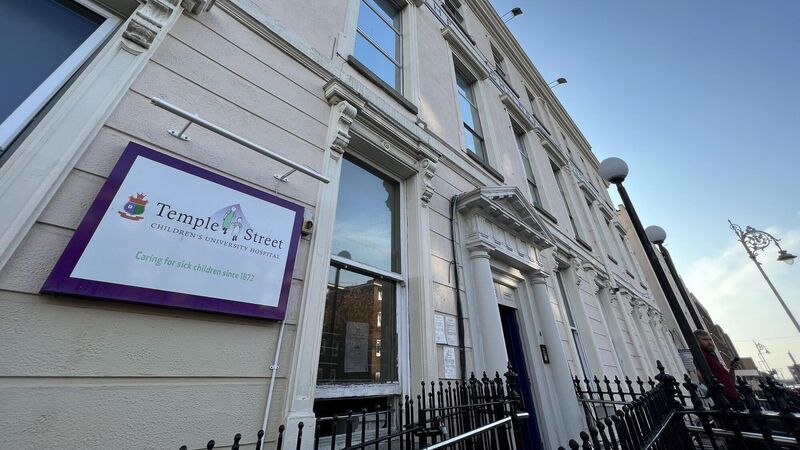Irish Examiner View: Surgery delays for children with spinal issues simply not good enough

A “temporary pause” has been imposed on scoliosis operations for children which were scheduled to take place over the next three weeks at Temple Street Hospital in Dublin. Picture: Sasko Lazarov/RollingNews.ie
At this moment, there are 32 children with scoliosis awaiting surgery at Temple Street Children’s Hospital in Dublin.
In the next three weeks a number of those children were anticipating vital, yet complex, spinal surgery. Those operations have been cancelled for three weeks, creating grave anxiety among those awaiting the procedures and their parents.
















